Subscribe to receive the latest blog posts to your inbox every week.
By subscribing you agree to with our Privacy Policy.
Fintech has long been at the forefront of innovation in the startup ecosystem, acting as a catalyst for transformation in the financial services industry. With rapid advancements and evolving ecosystem dynamics, new technologies are paving the way for disruptive business models. Among these, blockchain has emerged as a game-changer with substantial benefits for the financial sector.
At its core, Blockchain is a decentralized ledger technology (DLT) that operates as a secure, transparent, and immutable record-keeping system. It’s essentially a “chain of blocks”, where each block contains timestamped digital data and a unique identifier linked to the previous block—making the entire chain tamper-evident and traceable.
This innovative structure allows blockchain to redefine data security, privacy, and operational efficiency—qualities that are especially crucial in financial services.
Traditional financial systems are often centralized and layered with intermediaries, creating blind spots in transparency and vulnerabilities in security. Blockchain removes these dependencies by allowing real-time, consensus-driven validation of transactions. Every participant in the network can access a shared, tamper-proof version of the truth—minimizing data breaches, fraud, and manual errors.
Blockchain enables dual-key encryption—a public key visible to all participants and a private key accessible only to transaction stakeholders. This design ensures that while the network can verify the occurrence of a transaction, the identities and sensitive details remain secure—delivering both transparency and confidentiality.
Each block in a blockchain contains:
A hash pointer (link to the previous block),
A timestamp, and
Transaction data.

Once verified, this data is permanently stored and visible to the network, ensuring authenticity and traceability at every stage.
Integrating blockchain with fintech unlocks new paradigms for digital banking and finance, promoting decentralization, equity, speed, and cost-efficiency.
Real-time transactions: Funds are transferred within minutes, eliminating delays associated with traditional systems.
Reduced operational costs: Direct peer-to-peer (P2P) transfers minimize intermediary fees and processing costs.
Smart contracts: Automate execution, removing the need for manual verification.
Here are some of the most impactful applications of blockchain in the fintech domain:
Cross-border payments
Lending platforms
Credit scoring
Invoice management
Fund investment
Government spending
Financial record-keeping
Stock trading & IPOs
Transferring funds internationally through conventional banking channels often involves multiple intermediaries, making the process slow, expensive, and opaque. Blockchain simplifies this by enabling direct, low-cost, real-time global transfers with minimal friction.
In traditional lending, trust and compliance are established through multiple checks and third-party involvement. Blockchain empowers borrowers and lenders to interact directly using smart contracts, which automate and secure loan agreements—covering interest rates, repayment terms, and more.
Experts like Andy Martin have highlighted the transformative nature of blockchain:
“Decentralized communities provide certainty of identity, certainty of provenance, and certainty of execution—fundamentals of trust in any marketplace.”
In fintech, blockchain isn’t just a buzzword—it’s reshaping how trust, transparency, and efficiency are delivered.
Blockchain offers the fintech ecosystem a robust foundation to build faster, safer, and more transparent financial services. As per KPMG, it can reduce errors by 95%, boost efficiency by 40%, and cut capital consumption by up to 75%.
At CARD91, we recognize the power of blockchain and have engineered our infrastructure to be future-ready. From real-time settlements to secure transactions, our platform is designed to support innovations like blockchain and deliver end-to-end value across the card and payments ecosystem.
Partner with CARD91 to future-proof your fintech operations and stay ahead in a blockchain-enabled world.
To know more about our offerings connect with our experts




Sales: sales@card91.io
HR: careers@card91.io
Media: comms@card91.io
Support: support@card91.io